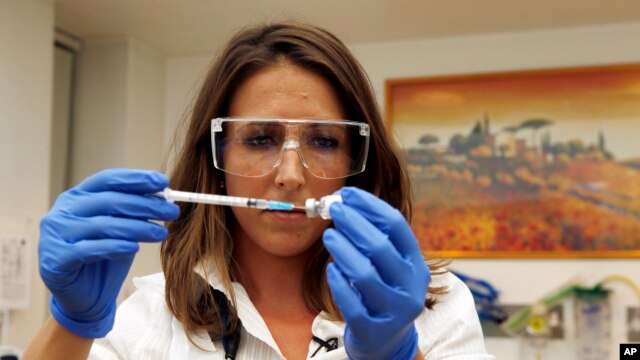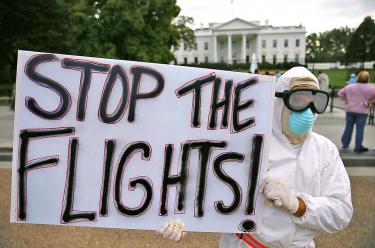- Banned
- #1
No fewer than 4,493 people have died from the world’s worst Ebola outbreak on record, and the situation in Guinea, Liberia and Sierra Leone is deteriorating, the World Health Organization said on Wednesday.
WHO said a total of 8,997 confirmed, probable and suspected cases of Ebola....
Source: WHO Ebola deaths hits almost 4 500 as virus spreads - eReporter
WHO said a total of 8,997 confirmed, probable and suspected cases of Ebola....
Source: WHO Ebola deaths hits almost 4 500 as virus spreads - eReporter



